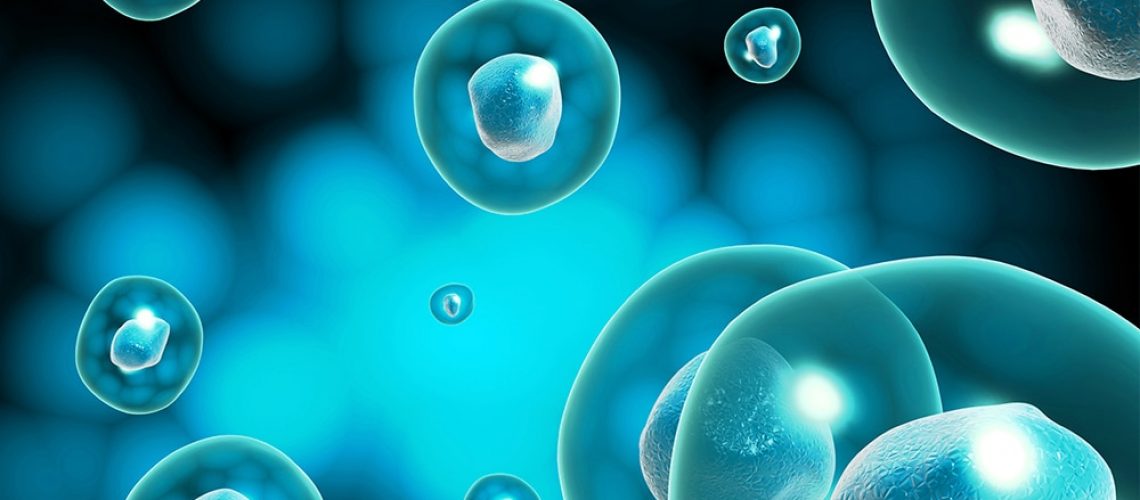Did you know that nearly 50% of children suffer a fractured tooth at one point during their childhood? Yes, 50% of parents have to endure their worst nightmare and watch on as an accident wreaks havoc on their child’s beautiful smile.
Every parent goes through the same scenario – will the damage be permanent? Will the tooth be lost? Will it turn black? Until recently these were genuine questions, as all that could be done with a fractured tooth was for the root canal to be filled and white filling used to replace the tooth.
Well, now a research team in China has achieved something previously thought impossible – they have regrown the nerve for a fractured tooth!
What Happens When a Child Fractures a Tooth?
If a baby tooth is fractured, it’s really not the end of the world as long as there is a healthy adult tooth ready to replace it. However, if a fracture happens to an immature permanent tooth, it can stop the blood supply and root development which results in a ‘dead; tooth for life. This tooth will be substantially weaker than a tooth with a good blood supply.
This case is commonly treated by placing medicine inside the root in the hope of creating the environment for growth. This new technique is the alternative.
Growing Teeth in a Lab
For the research, stem cells were taken from the remaining baby teeth of thirty Chinese children who had injured one of their permanent incisor teeth. These stem cells were then used to regrow the nerve for the damaged tooth. Once the nerve was grown, it was inserted into the nerve space on the injured tooth.
The results were astounding, in fact, the nerve did its job and kept the tooth growing in an entirely healthy fashion. Following the implantation, the nerve and hard tissue of the root continued to grow, while the normal cells in the tooth also reformed.
The clinical trial was published in the Journal of Science Translational Medicine, and led by Songtao Shi of the University of Pennsylvania and Yan Jin, Kun Xuan, and Bei Li of the Fourth Military Medicine University in Xi’an, China.
The team found that removing the stem cells and inserting them in the root allows the body to continue the growth and development of the root, which creates a stronger root and a more ‘alive’ tooth that can respond to stimulations like hot and cold.
“This treatment gives patients sensation back in their teeth. If you give them a warm or cold stimulation, they can feel it; they have living teeth again,” says Shi, professor and chair in the Department of Anatomy and Cell Biology in Penn’s School of Dental Medicine. “So far we have follow-up data for two, two and a half, even three years and have shown it’s a safe and effective therapy.”
At the initial stages of the research, the patients had minimal sensation in the injured tooth. Further tests were completed a year after the procedure, and those that had received the stem cells had regained some level of feeling. The team also found no safety concerns after investigating a variety of immune-system components.
The researchers also had a unique experience to test the efficacy of the treatment even further. One patient reinjured the treated tooth, and it had to be extracted. This gave the researchers the chance to directly examine the tissue in the extracted tooth. They found that the stem cells had been able to regenerate different compounds of dental pulp, including the cells responsible for connective tissue, blood vessels and dentin production.
This is an enormous breakthrough in dental treatments, but presently, the process is only possible if the patient has remaining baby teeth. So, the next step is to see if stem cells from other people can be used to recreate a new nerve and resurrect a dead tooth.
“For me the results are very exciting,” Shi says. “To see something we discovered take a step forward to potentially become a routine therapy in the clinic is gratifying.”
“We’re really eager to see what we can do in the dental field,” Shi says, “and then building on that to open up channels for systemic disease therapy.”
This is an exciting project and one that will have implications outside the field of dentistry. If a dead tooth can be resurrected, the future of medicine looks incredibly promising. The team at Lifetime Holistic Dental suggest you watch this space.


